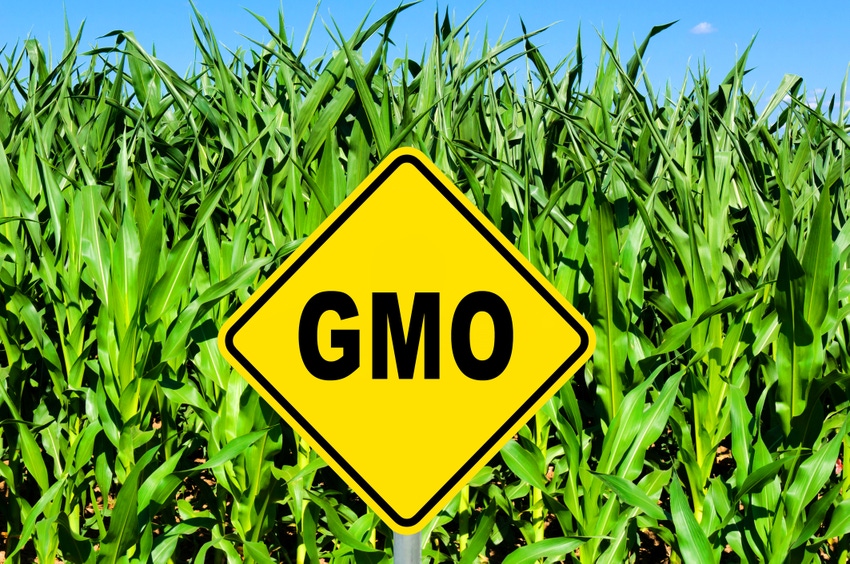
by Bloomberg News
China will carry out a nationwide poll next month to test the public’s acceptance of genetically-modified food, a technology the government says would boost yields and sustainable agriculture in a country that’s seen consumption soar.
Beijing’s prestigious Tsinghua University and two other Chinese colleges will carry out the survey, said Jin Jianbin, a professor at Tsinghua’s School of Journalism and Communication. The poll, sponsored by the government, will be carried out in tandem with a campaign on social media to broadcast basic knowledge on GMO technology, which is widely misunderstood in the country, Jin said.
China is the world’s fourth-largest grower of GMO cotton and the top importer of soybeans, most of which are genetically modified and used for cooking oil and animal feed for pigs and chickens. But public concern over food safety issues and skepticism about the effects of consuming GMO foods have made the government reluctant to introduce the technology for staple crops.
A 2012 trial of so-called Golden Rice -- a yellow GMO variant of the grain that produces beta-carotene -- caused a public storm after reports that the rice was fed to children without the parents being aware that it was genetically modified.
“Many Chinese turn pale when you mention the GMO word,” said Jin in his small office. Some still believe GMO food can cause cancer and impair childbirth, due to misleading reports in newspapers and social media, he said. A recent decision by a local legislative body against growing GMO crops has added to public confusion, Jin said.
�‘Half-Cooked Rice’
The national survey aims to discover what the public’s concerns are so that the government can resolve the confusion, Jin said. “If the government pushes ahead before the public is ready to accept the technology, it would be embarrassing -- like offering a pot of half-cooked rice to eat.”
Jin said he expected the poll result to show that the general public’s perception of GMO is still negative, but “as more people get to know the technology, more would be willing to accept it.”
The lack of an authoritative scientific institution to answer questions, the widespread illegal cultivation of GMO crops, and public mistrust of government authorities after a series of food scandals have all contributed to skepticism about GMO, Jin said.
Producers of GMO crops claim they offer improved yields, enhanced nutritional value and resistance to drought, frost and insects. Critics have raised concerns over safety and potential adverse ecological effects. Last year, the U.S., the world’s largest producer of GMO crops, mandated that food makers label products with modified ingredients. EU lawmakers this month objected to imports of herbicide-resistant strains of corn and cotton.
Syngenta Strategy
Syngenta AG, which produces genetically modified seeds for corn, is gearing up for rapid expansion in the country after shareholders accepted a $43 billion offer for the Swiss agribusiness by China National Chemical Corp. The Chinese state-owned company is expected to complete the deal this month.
The American Chamber of Commerce in China had complained that U.S. strains of GMO suffered from slower and less predictable approval for import into China. Chinese and U.S. officials have agreed to evaluate pending U.S. biotechnology product applications by the end of the month, including corn and cotton.
China itself has spent billions on research of its own GMO technology over the past decade, but has not allowed commercial production of grains, with scientists citing public resistance as part of the reason for the delay. China has said that it will allow commercial production of modified corn and soybeans by 2020.
Government officials have said that the country would introduce the use of the technology first on feed grains after cotton. China’s corn consumption is estimated to grow nearly 20% in the coming decade on demand for protein-rich meat and dairy products.
To contact Bloomberg News staff for this story: Niu Shuping in Beijing at [email protected]
To contact the editors responsible for this story: Phoebe Sedgman at [email protected]
Adam Majendie
© 2017 Bloomberg L.P
About the Author(s)
You May Also Like




